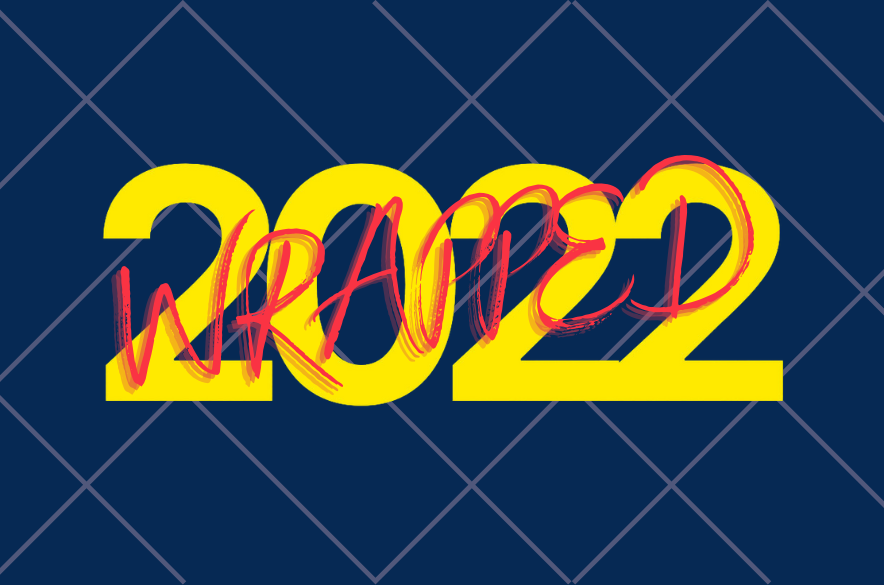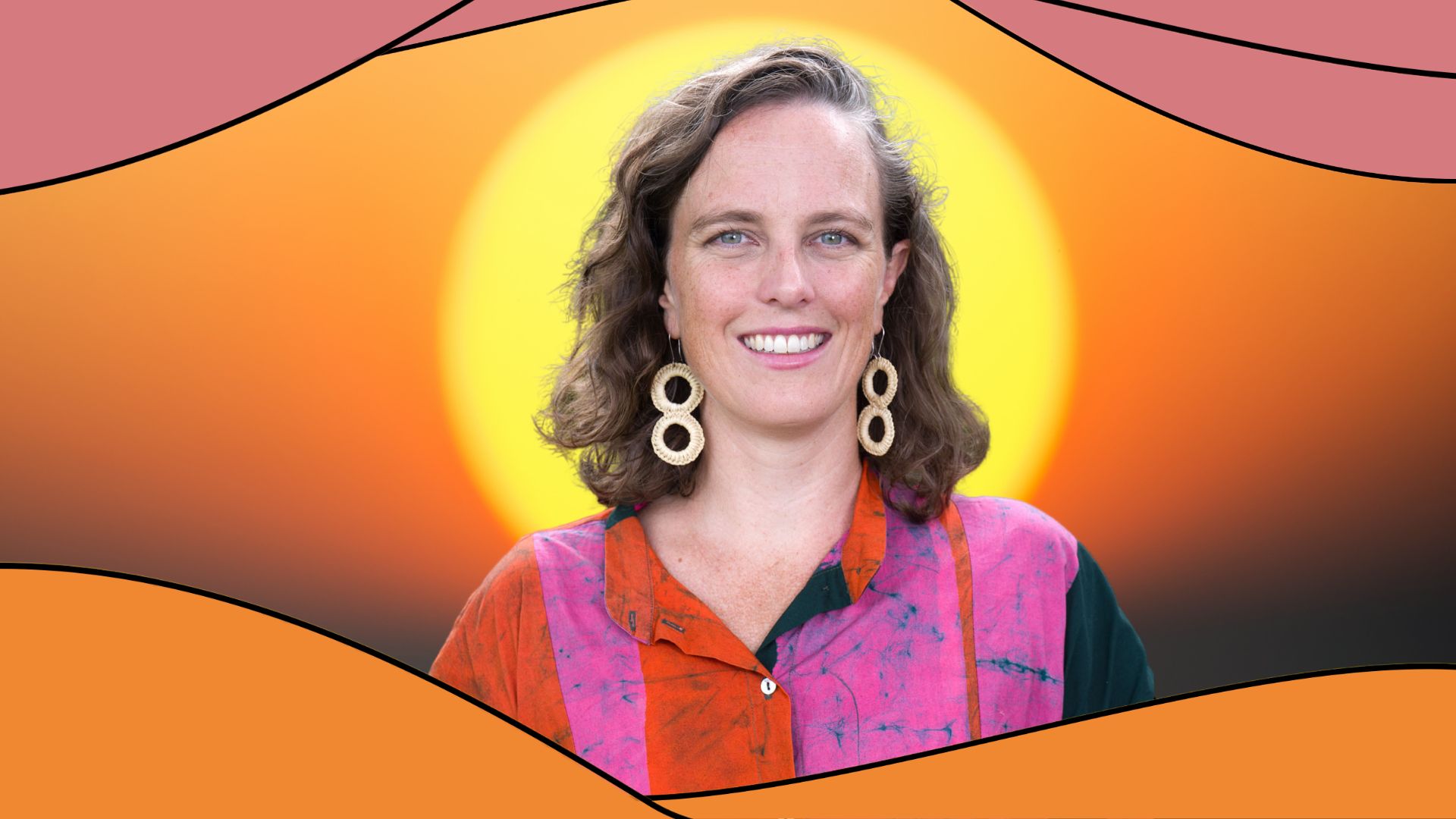As we approach the end of the year, it has become a tradition at Social Change Central to pull together the most important social enterprise stories from the past twelve months.
Economic, environmental and geopolitical turmoil have defined 2022, a year that saw the passing of Queen Elizabeth, Russia’s invasion of Ukraine and “one of the biggest financial frauds in American history”. While crises dominated daily headlines, there were tons of impactful developments and major milestones in the social enterprise sector, many of which are likely to reverberate into 2023 and beyond. In fact, we may look back on 2022 as a watershed year that launched social enterprise towards business as usual.
From game-changing research to a remarkable Social Enterprise World Forum, in no particular order, here are the year’s biggest social enterprise headlines and happenings.
Clarity on Social Enterprise’s Contribution
A social enterprise trades like any other business but exists specifically to make the world a better place. However, their overall contribution to Australia has been little known – until now. Fortunately, 2022 saw two key research reports released on the size and significant economic contribution of social enterprise in Australia.
The ‘Business for Good: The Size and Economic Contribution of Social Enterprise in Australia’ report indicates social enterprises contribute $21.3 billion to the Australian economy each year, comprising approximately one per cent of the national GDP. With more than 12,000 social enterprises now operating in Australia, the research suggests that one in 60 or over 206,000 Australian jobs are in these for-purpose organisations – rivalling the employment capacity of key industries, including mining and arts and recreation.
The ‘Profile of Australian Certified Social Enterprises (PACE22)’ published by Social Traders Australia, details the remarkable economic and impact contributions social enterprises make in Australia by unpacking the financial and impact contribution of 460 Social Traders certified social enterprises nationally, collected between 2018-2022. “We hope Pace will become a tool that the whole social enterprise sector can use to promote, advocate and support social enterprises. Because, as Pace shows, the social enterprise sector is too impactful to remain a ‘best-kept secret’,” said Social Traders’ CEO Tara Anderson.
Read together, it is clear the social enterprise movement is not just catching on – it’s taking off!
Brisbane Hosts Spectacular Social Enterprise World Forum
The Social Enterprise World Forum (SEWF) once again called Australia home, taking place in Brisbane on 28-29 September. Since last being Down Under in 2009, SEWF has gone global. Most recently, from Hong Kong in 2016 to Christchurch in 2017 and Edinburgh in 2018. Addis Ababa hosted SEWF in 2019, and it went digital in 2020 thanks to COVID-19. Nova Scotia, Canada.
Exceptionally well organised and produced by co-hosts White Box Enterprises, #SEWF22 was an incredible experience and an invaluable opportunity to learn about social enterprise from a global perspective and get up to speed on what’s happening locally. Here are some of our favourite quotes and reflections from a whirlwind week of (re)connection, inspiration and celebration.
If you’re like us, still have a little post-SEWF22 bounce in your step, and want to continue reflecting and unpacking your learnings, check out the official Social Enterprise World Forum 2022 event report here. And, in case you missed the announcement, SEWF 2023 is heading to Amsterdam, Netherlands, and will be Co-hosted by Amsterdam Impact.
A New National Peak Body
Following a sector-wide consultation to build the foundations for a national strategy, a new peak body for social enterprise in Australia, Social Enterprise Australia, launched to lead a national strategy and work with others to build public will, advance policy, grow markets, and mobilise resources. These functions will be co-owned and shaped by all who support the sector’s vision, mission, values and principles.
State-based Networks & Councils Forge Ahead
To realise the full potential of social enterprise, a range of support mechanisms are required, including, but not limited to, national and state-based strategies, policy change and access to finance and markets. To enable this, and following in the footsteps of QSEC (Queensland Social Enterprise Council) and SENVIC (Social Enterprise Network Victoria), state-based councils and networks have gradually been forming to represent the interests of social enterprises and entrepreneurs. Finally, this year, SENTAS (Social Enterprise Network of Tasmania) was established, the last puzzle piece.
While each is at a different stage of development, the initiatives and progress of the state-based councils and networks in 2022 are proof of real momentum for social enterprise in Australia and should be recognised and celebrated. From SECNA (Social Enterprise Council of NSW & ACT) appointing its first CEO and SENVIC completing its statewide network of Local Leads to QSEC launching QSEC Stories, Impact North’s Changemaker Series and WASEC (Western Australia Social Enterprise Council) securing landmark anchor funding, 2022 was a year for the books!
Brand Social Enterprise Campaign to #ChangeTheGame
Social enterprise has been a ‘best-kept secret’ for far too long. If we’re going to reach beyond the social enterprise ‘bubble,’ we need to work collectively – we need to speak in the same voice simultaneously. That’s why, in 2022, a group of marketing experts from across the sector got together to build a collaborative and unified approach for marketing social enterprise.
The result, the Social Enterprise Marketing Playbook, is a game-changing resource for the whole sector to take social enterprise awareness and understanding to the next level. Through a shared language to unify how to talk about social enterprise, video, graphics, messaging, hashtags (#switch2good #changethegame) and more, the Playbook provides the tools to raise the profile of the entire social enterprise sector collectively.
Learn more and join the movement here.
Impact Investment Ready Growth Grants Conclude
Impact Investment Ready Growth Grants, funded by the Department of Social Services Sector Readiness Fund, provided impact businesses and mission-driven organisations with grants for business, financial, legal and other capacity-building support for providers to secure investment.
The flagship and sector-critical program recognised the potential for impact investing to change how Australia addresses social issues and the critical role that access to capital can play in delivering better outcomes for people and communities.
Since its inception in 2015, 105 grants have been awarded, totalling $8.15 million and resulting in over $183 million in impact capital raised (to date). While current funding for the Impact Investment Ready Growth Grants has finished, we want to call out and acknowledge the program’s instrumental support in helping so many social enterprises successfully secure impact investment.
Trailblazing PBO Trial
A landmark $3.8M trial commenced to explore the effectiveness of jobs-focused social enterprises in delivering long-term employment outcomes for people living with a disability.
In partnership with the Department of Social Services, White Box Enterprises will deliver a three-year trial that will see social enterprises paid directly by the Australian Government for their verified employment outcomes through an innovative Payment By Outcomes (PBO) model.
Luke Terry, CEO of White Box Enterprises, who has long advocated for the role of social enterprise in inclusive, dignified work, said, “This trial is a milestone moment for jobs-focused social enterprises, and for the communities we support.”
While this is the third PBO trial launched under the Australian Government’s Social Impact Investing Initiatives, it’s the first to involve social enterprises and impact investors.
Federal Funding for Refugee Employment
Off the back of extensive talks and broad consultation with the social enterprise sector, the Federal Government announced trailblazing funding to support refugee employment in late 2021.
The new Economic Pathways to Refugee Integration (EPRI) grant program will seek to increase the employment rate for refugees and humanitarian entrants by creating job opportunities and pathways to employment and self-employment for refugees with low skill levels and low English language skills proficiency.
Applications were sought via an open competitive process from economic participation-focused social enterprises that demonstrated the ability to achieve economic participation outcomes for refugees and humanitarian entrants. The grant round attracted applications from 111 organisations, with 20 organisations shortlisted by a selection advisory panel, being allocated a total of $17.7 million.
Other Noteworthy Stories from 2022
- Tara Anderson was appointed as Social Traders’ Chief Executive Officer
- The Xfactor Collective created a Social Sector Wellbeing and Resilience Hub to provide both immediate support and long-term advocacy for improved mental health and wellbeing
- CQUniversity became Australia’s first and only university certified as a social enterprise by Social Traders
- Barrenjoey’s new US$280m private credit fund targets positive social impact
- Prime Minister Albanese has invited the Social Impact Investing (SII) Taskforce to reconvene and update its recommendations before the next May 2023 budget
While not comprehensive, this summary highlights many of the notable sector developments, movements and activities of 2022. The information included is accurate to the best of our knowledge as of 21 December 2022. If there’s something important we missed, let us know! Leave a comment or email hello@socialchangecentral.com.



